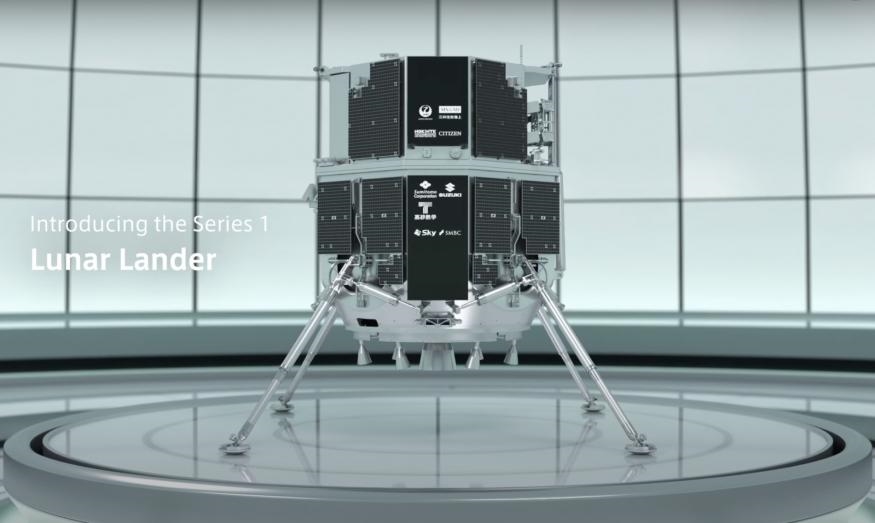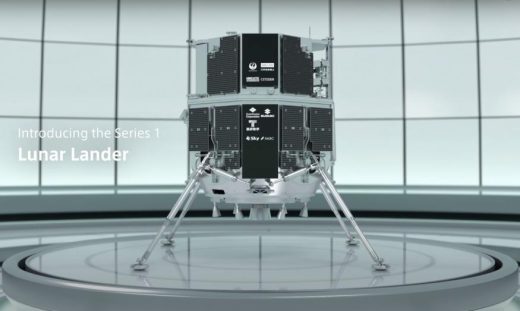Japan’s ispace says Hakuto-R crashed because it got confused by a crater rim
Japan’s ispace confirms that Hakuto-R failed its lunar landing
ispace’s Hakuto-R Mission 1 was poised to make history. It was going to be the first successful moon landing by a private company and the first Japanese lunar landing overall. But shortly before the spacecraft was supposed to touch down on the lunar surface, ispace lost contact with it. Now, the Japanese company has announced that there was a “high probability that the lander eventually made a hard landing on the moon’s surface.” It didn’t use the word “crash,” but the spacecraft is clearly not in a condition that would allow the company to proceed with the mission.
The spacecraft was scheduled to land on the moon on April 26th at 1:40 AM Japan time (April 25th, 12:40PM Eastern time). ispace said it was able to confirm that the lander was in vertical position as it approached the surface and that its descent speed rapidly increased by the time its propellant was almost gone.
By 8AM Japan time, ispace has determined that “Success 9” of Hakuto-R’s mission milestones, which is the completion of its lunar landing, was no longer achievable. The company has yet to detail what happened to the spacecraft and what the root cause of the failure was, but it’s currently analyzing the telemetry data it had acquired and will announce its findings once it’s done.
Hakuto-R launched on top of a SpaceX rocket around 100 days ago, carrying payloads from NASA, JAXA, as well as the UAE’s first lunar rover called Rashid. While the mission failed to reach its ultimate goal, ispace said it was “able to acquire valuable data and know-how from the beginning to nearly the end of the landing sequence” and that it will use what it has learned from this event to enable a “future successful lunar landing mission.” The company still intends to push through with Mission 2 scheduled for launch in 2024 and Mission 3 for 2025.
ispace will continue to make the most of the data and know-how acquired during the operation through Success 8, and landing sequence, including aspects of Success 9, aiming to dramatically improve the technological maturity of Mission 2 in 2024 and Mission 3 in 2025. (2/3)
— ispace (@ispace_inc) April 26, 2023

(17)



